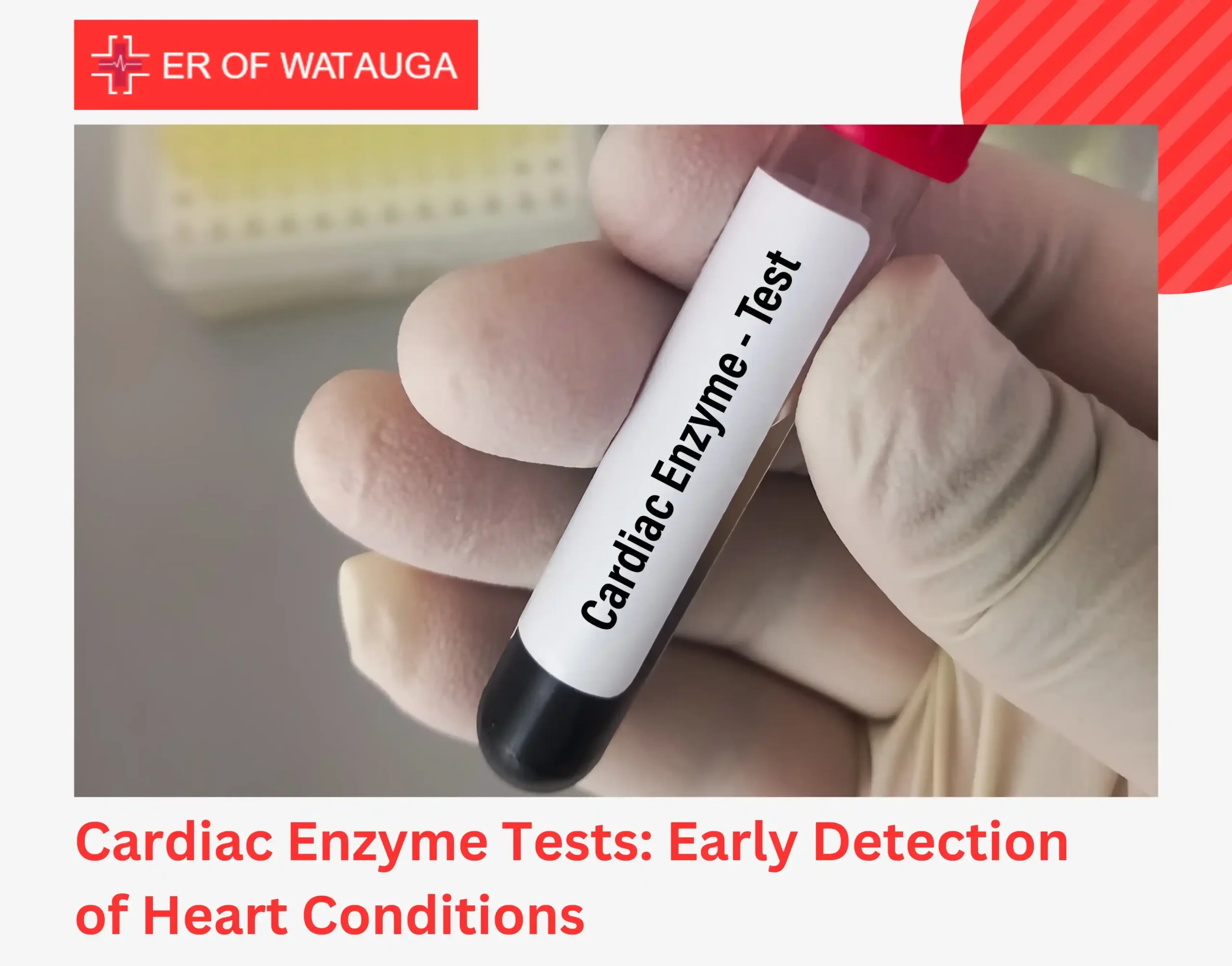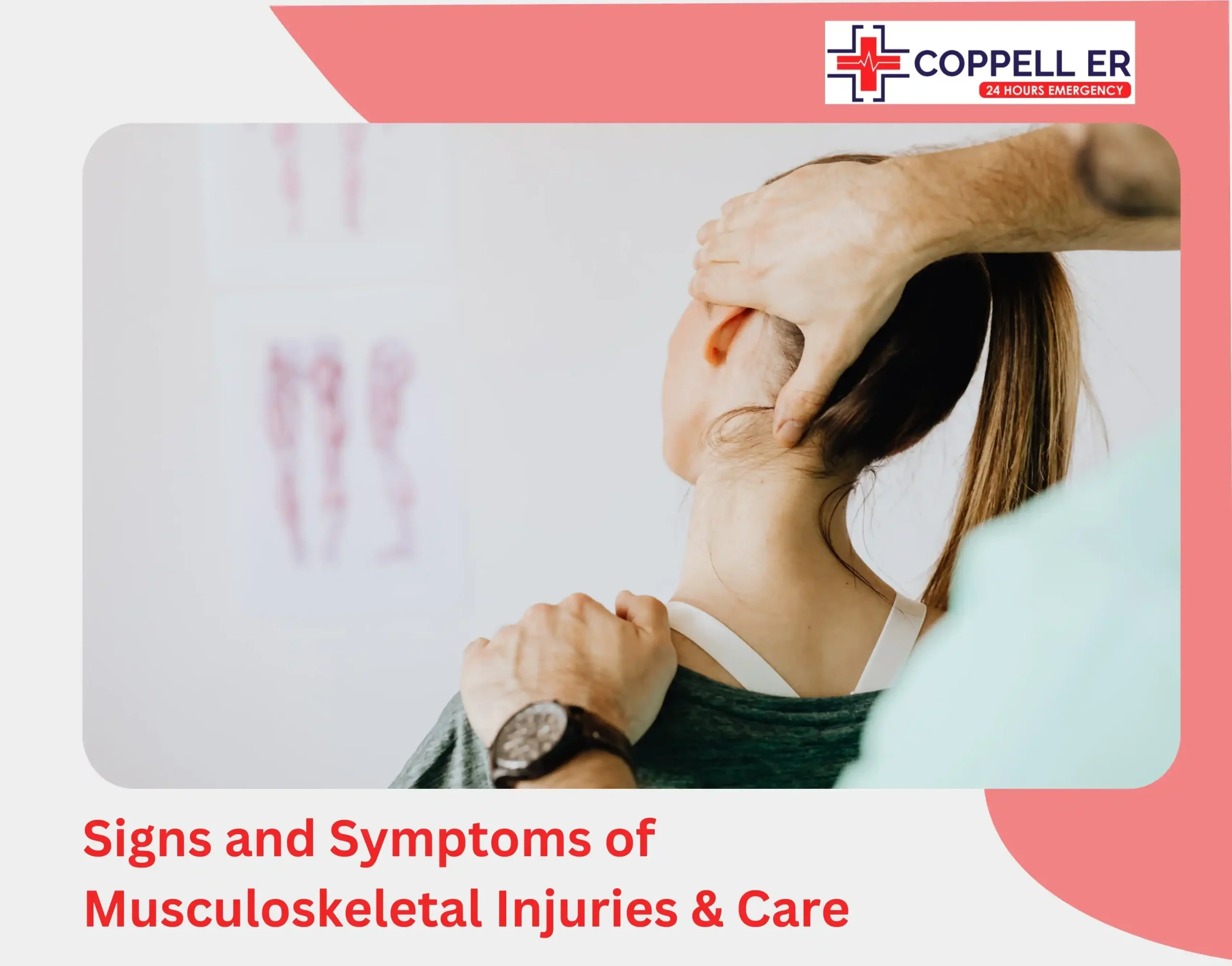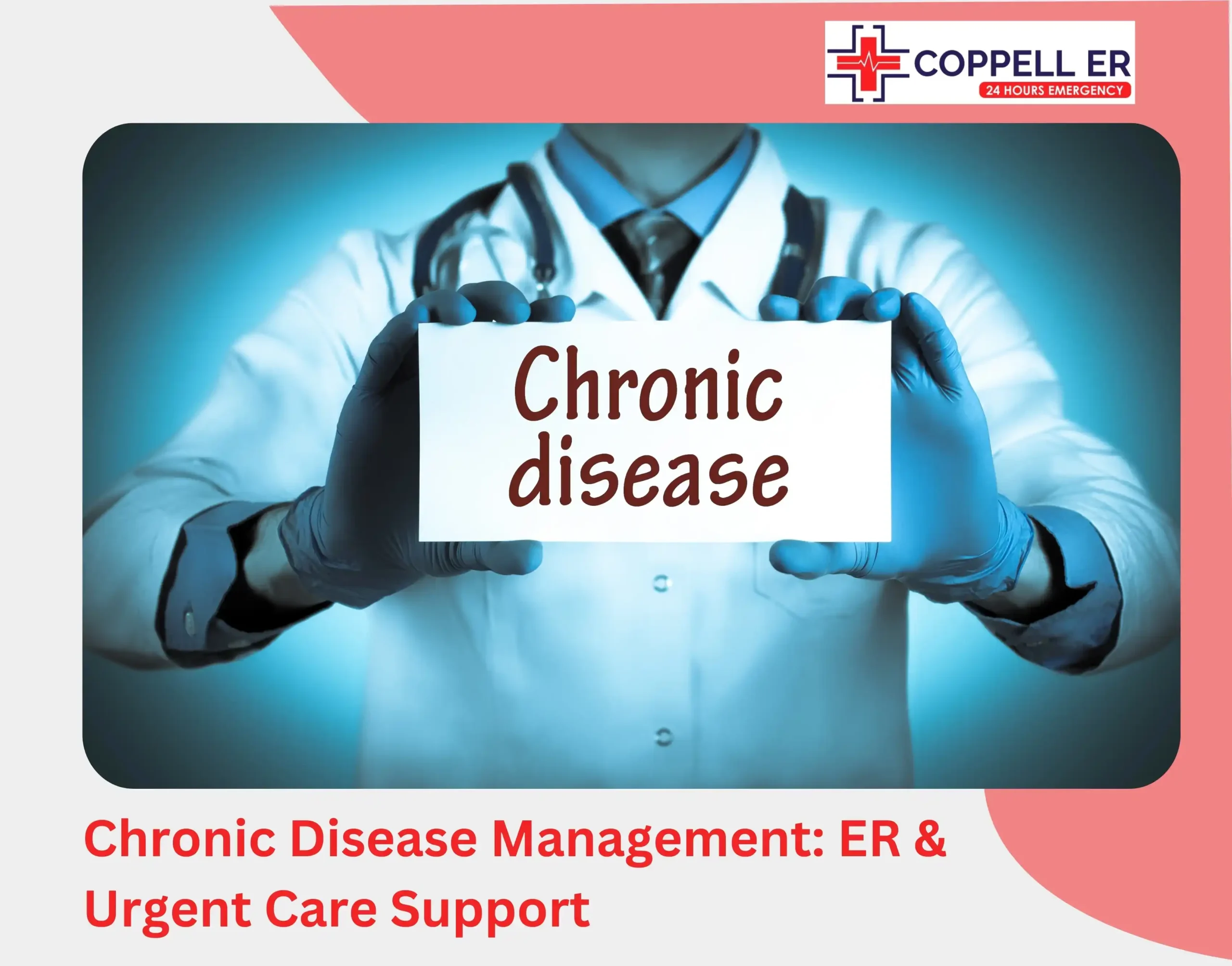Are you looking for a detailed guide on Chlamydia? We have got you covered. Sexually transmitted infections (STIs) are those that spread from person to person via sexual contact. There are over 25 STIs including Chlamydia that are mostly transmitted through sexual contact, including vaginal, anal, and oral sex. The World Health Organization (WHO) estimates that over one million STIs are acquired worldwide each day.
A “disease” is typically a visible medical ailment with identifiable signs and symptoms. Chlamydia is a sexually transmitted infection (STI). “Infection” with an STI may or may not cause disease. This is why many health professionals and organizations prefer the term “sexually transmitted infection” over “sexually transmitted disease.” Most people with STIs have no symptoms, therefore they are unaware that they can transmit the illness to their sexual partner(s).
The United States has the highest rate of STIs among the resource-rich countries. In 2018, there were 26 million new infections in the United States. Almost half of these occur among young people (15-24 years old), even though they make up a small proportion of all sexually active people. According to the US Centers for Disease Control and Prevention (CDC), the number of people infected with Chlamydia has increased in recent years. In this blog, we will help you know the causes, symptoms, preventive measures, and online treatments of Chlamydia that may help decrease the increasing rate of that infection.
Chlamydia: What Is It?

Chlamydia is a common sexually transmitted infection (STI) caused by a bacteria named Chlamydia trachomatis. These infections are treatable and curable. However, the symptoms are frequently imperceptible. It should be treated as soon as feasible. Left untreated, Chlamydia can cause major complications and permanent harm to your reproductive organs.
Chlamydia: How Does It Spread?
Once a person has Chlamydia, they can transmit it to their partners through sexual intercourse, anal sex, or oral sex. The most common ways for a Chlamydia infection to spread are through sex without a condom or other barrier device, as well as oral sex without one. Penetration is not required to contract it. Touching genitals together may spread germs. It may also be contracted during anal intercourse.
During childbirth, newborns can contract Chlamydia from their mothers. Most prenatal tests include a Chlamydia test, but it’s always a good idea to double-check with an OB-GYN during your first pregnancy exam.
Can you acquire chlamydia without sex?
Yes. Sexual intercourse is not the only way to contract Chlamydia. Another way to contract the infection is to share sex equipment with someone who has it.
Chlamydia Symptoms
If you detect any symptoms, they will most likely be different depending on whether you have a penis or a vagina. Chlamydia is easily transmitted since most people do not detect symptoms. When symptoms do appear, they may include pain while peeing and unusual discharge.
Women and People with Chlamydia AFAB: Signs and Symptoms
Chlamydia bacteria frequently produce symptoms comparable to cervicitis or a urinary tract infection (UTI). You might notice:
- Your vagina produces white, yellow, or gray discharge, which may be odorous
- Pus in the urine (pyuria)
- Increased need to urinate
- Dysuria is the sense of pain or burning during peeing
- Bleeding occurs between cycles
- Painful periods
- Dyspareunia refers to painful intercourse
- Itching or burning in and around the vagina
- Dull discomfort in your lower abdomen
Men And People Assigned Male At Birth (AMAB): Signs and Symptoms
Chlamydia bacteria most commonly infect the urethra, giving symptoms similar to nongonococcal urethritis. You might notice:
- Your penis produces a mucus-like or clear, watery discharge
- Dysuria is the sense of pain or burning during peeing
Some Additional Chlamydia Symptoms
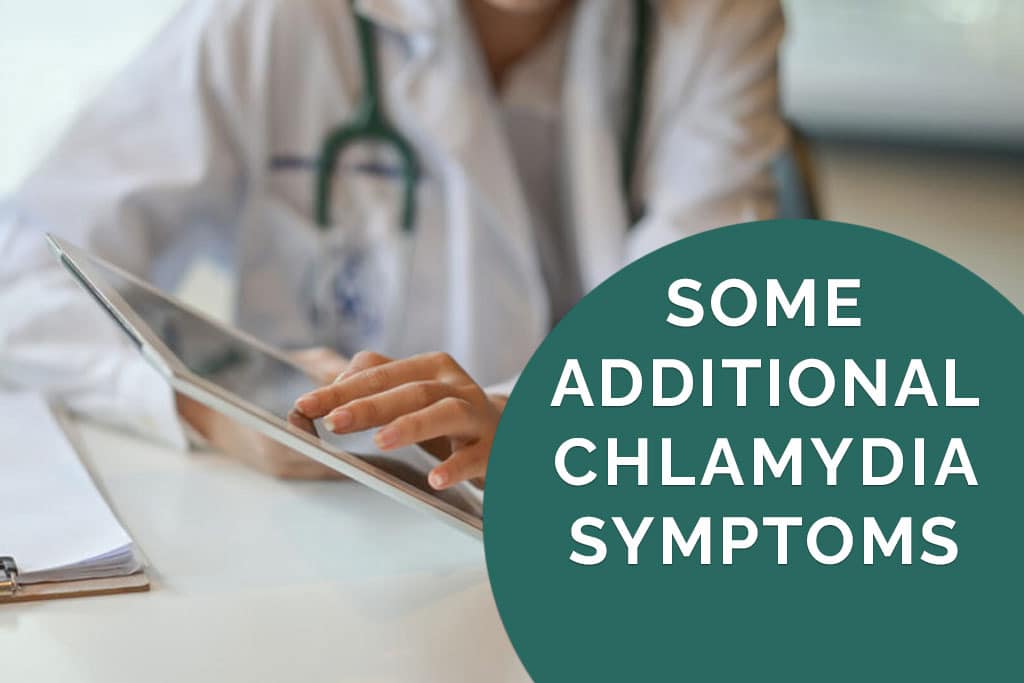
Chlamydia can infect sections of your body other than your reproductive organs, such as
Chlamydia in the Anus
You may have pain, discomfort, bleeding, or mucus-like discharge from your buttocks.
Throat. You may have a sore throat, but if bacteria are present, you will usually not notice any symptoms.
Chlamydia in Eye
If C. trachomatis bacteria enter your eye, you may develop symptoms of conjunctivitis. The symptoms include redness, discomfort, and discharge.
If you observe any of these symptoms, contact your healthcare professional right away.
How Do You Get Chlamydia?
Chlamydia infections spread through sexual contact, which occurs when vaginal fluid or semen containing the Chlamydia-causing bacterium moves from one person to another. Sexual contact encompasses all forms of sex, even those that do not entail penetration or ejaculation. There are numerous ways in which the fluids from one person’s genitals might spread the bacteria that causes Chlamydia:
Intercourse
Bacteria move from one person’s penis to their partner’s vagina, or vice versa.
Anal intercourse
Bacteria move from one person’s penis to their partner’s anus, or vice versa.
Oral sex
Bacteria can go from one person’s mouth to their partner’s penis, vagina, or anus, and vice versa.
Sex with toys
Bacteria can spread from a toy to someone’s mouth, penis, vagina, or anus.
Manual stimulation of the anus or genitals
Infected vaginal fluid or semen can, on rare occasions, come into contact with a person’s eye, resulting in conjunctivitis. For example, this can occur if you contact an infected person’s genitals and then rub your eyes without first washing your hands.
Chlamydia: What Doesn’t Cause It?

Not all scenarios involving the exchange of bodily fluids or intimacy result in Chlamydia. You cannot catch Chlamydia from
- Kissing
- Sharing food or beverages
- Hugging or clasping hands
- Using the restroom after someone else
- Inhaling droplets from a cough or sneeze
Long-Term Effect of Chlamydia?
Chlamydia symptoms often appear one week to three months after unprotected sex. But it might take more than three months. When your doctor diagnoses an infection, he or she may learn more about it. A provider, for example, may detect the progression of the virus to your fallopian tubes or testicles. If you are sexually active, you should get frequent STI testing because you could be infected without knowing it.
How Common Is Chlamydia?
In 2018, the Centers for Disease Control and Prevention (CDC) projected that there were around 4 million cases of Chlamydia in the United States. The infection can affect both men and women, but more cases are documented in women.
Younger women are more likely to be infected, with rates peaking between the ages of 15 and 24. It is recommended that all sexually active women aged 25 and younger, as well as women aged 25 and older who have risk factors for Chlamydia, be checked for Chlamydia once a year.
According to statistics, having intercourse with more than one person increases the risk of contracting an STI. Other risk factors include having previously had an STI or presently having an infection, which may reduce resistance.
Is It Possible To Have Chlamydia For a Long Time Without Knowing It?
Chlamydia is commonly referred to as a silent infection because the majority of persons (50–70%) who have Chlamydia, regardless of assigned sex, never experience symptoms.
People who experience symptoms frequently do not recognize the signs of Chlamydia until many weeks after infection. Because Chlamydia cases are frequently asymptomatic, it is simple to pass the infection to someone else without realizing it. And it’s easy to overlook the therapy required to avoid the significant consequences that Chlamydia can cause.
How is Chlamydia Diagnosed?
The most frequent Chlamydia test is the nucleic acid amplification test (NAAT). Your practitioner collects a fluid sample via vaginal/cervical swab or urine sample. They then submit the sample to a lab to be tested for the Chlamydia-causing bacteria. Your provider may do the test in an office, or they may instruct you to perform an at-home chlamydia test. To obtain reliable test results, please follow the directions provided by your provider.
Because the majority of Chlamydia cases are asymptomatic, it is critical to be examined for the disease even if you have no symptoms. The CDC recommends that sexually active women or people with AFAB who are at high risk for Chlamydia be checked regularly. People with a vagina are more likely than those with a penis to get severe Chlamydia problems. For this reason, everybody having a vagina should also be tested regularly.
High-risk individuals include those who:
- are under the age of 25
- have a new partner
- are pregnant
- have several partners
- who have had past chlamydia infections
Men and people with AMAB should be checked for Chlamydia if:
- You live or attend a location where Chlamydia is regularly transmitted, such as correctional facilities, adolescent clinics, or sexual health clinics
- You have intercourse with other men or people, AMAB
Regardless of your age, reproductive anatomy, or other risk factors, you should discuss your sexual history and behavior with your doctor. Your provider is the best source for information on how frequently you should be tested for Chlamydia and other STIs.
How long does the Chlamydia test take?
Urine tests often take 2 to 5 days to provide a positive (you have it) or negative (you do not have it) result. Blood testing can provide results in a matter of minutes if the blood is tested on-site. However, if transferred to an off-site lab, it can take a week or longer.
How long can Chlamydia be dormant?
Chlamydia can remain dormant for more than ten years without the carrier’s knowledge, generating a low-level infection. This is because Chlamydia is a prevalent asymptomatic STD (meaning it causes no symptoms when infected), and most people are unaware they are sick.
How is Chlamydia Treated?
Chlamydia can be treated with medication in approximately a week or two. However, just because your symptoms improve does not mean you should stop taking your prescription. Inquire with your provider about the necessary follow-up to ensure that your infection has resolved after you have taken your medication. Chlamydia infections can reoccur.
Avoiding sexual acts that could re-infect you, as well as ensuring that any sexual partners who are infected receive treatment, should all be part of your treatment plan. You should:
- Do not have sex till your infection has cleared completely
Starting treatment does not imply that you are in the clear. Take all of your medications as directed by your practitioner, and avoid all sexual contact in the meantime.
- Contact every sexual partner
Inform any sexual partners you’ve had in the recent three months that you’re infected so that they, too, can get tested.
- Get tested for other STIs (HIV/AIDS, syphilis, herpes, and gonorrhea)
It is typical to have many STIs, and treatment should be tailored to each illness.
Antibiotics can treat your infection, but they cannot undo any damage the bacteria may have done to your body before treatment. This is why it’s critical to get screened for Chlamydia regularly, to visit your doctor as soon as you see symptoms, and to seek treatment right away if you’re sick.
Over-the-counter Chlamydia treatment
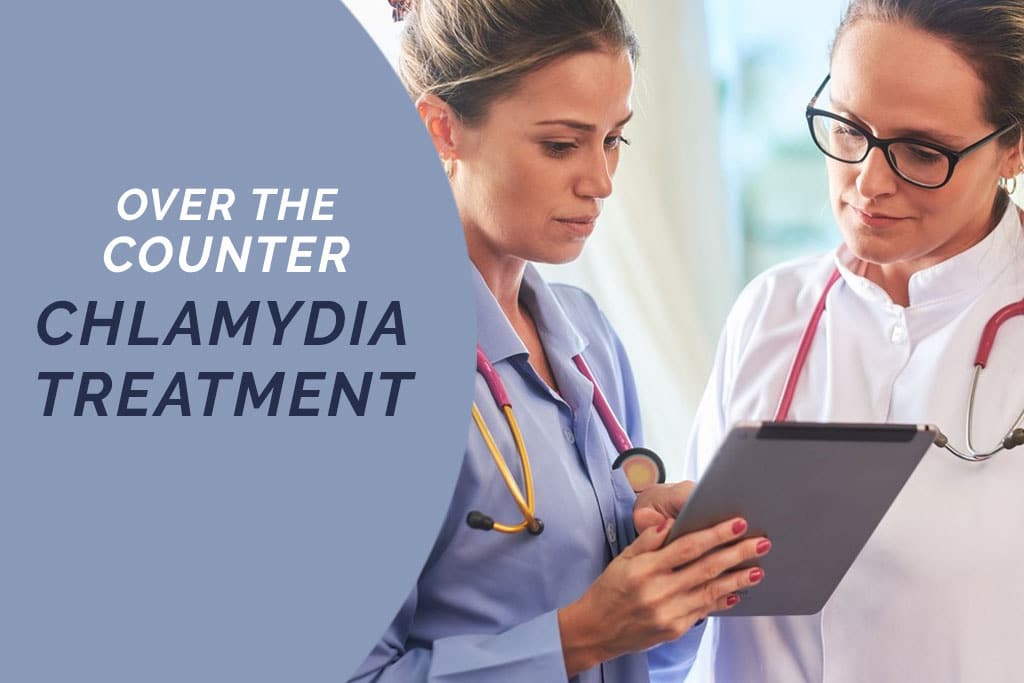
Not all STDs are curable, but some of the most prevalent can be easily treated with a course of doctor-prescribed medicines. While you cannot treat trichomoniasis, gonorrhea, or Chlamydia over the counter, ordering an STI consultation with a doctor is simple and secure.
Chlamydia treatment online
Prescription medicines are the most efficient treatment for Chlamydia. To get fast and online treatment, privately communicate with a doctor about your symptoms and alternatives. After answering a few questions, your doctor will either prescribe therapy right away or refer you for an STD test.
Can amoxicillin treat Chlamydia?
The Centers for Disease Control and Prevention (CDC) recommends taking 500 mg of amoxicillin three times a day for seven days to treat some STDs, including Chlamydia.
Azithromycin for Chlamydia?
The Centers for Disease Control and Prevention (CDC) recommends treating Chlamydia with either 1 g of azithromycin in a single dosage or 100 mg of doxycycline twice daily for 7 days.
How Can Chlamydia Be Defended?
The only way to avoid contracting Chlamydia is to refrain from having vaginal, anal, or oral sex with someone who has the infection. Also, make sure that sex toys containing the germs do not come into contact with your genitals.
It is not always feasible to tell if a current or potential partner has Chlamydia, especially since many persons with Chlamydia do not exhibit symptoms. With prevention in mind, it is a good idea to make safer sex practices a regular part of your sex life by:
- Make use of condoms for intercourse, anal sex, and oral sex
- Use dental dams for oral sex or vagina-to-vagina contact
- Do not share sex toys; but, if you do, wash them after each use and cover penetration equipment with a condom
- Have sex with only one partner, and he or she will only have sex with you
Conclusion
After someone gets exposed to Chlamydia, it might be embarrassing to discuss anything sex-related with your doctor, including STI prevention. However, your sex life is an important aspect of your health that your provider must be aware of to give you appropriate care. Failure to receive proper Chlamydia treatment can endanger your health. To lower your chance of issues, talk to your provider about getting screened for Chlamydia and other STIs frequently. To prevent Chlamydia from spreading, practice safer sex. ER of Watauga is a prominent emergency room in Fort Worth and nearby areas offering effective treatment and reliable diagnostic tests for Chlamydia. You can trust us to acquire the most dependable, confidential, and effective treatment with a professional team of nurses and physicians. Contact us today or get a quote for a free consultation.
FAQs
Can chlamydia cause infertility?
Yes, Chlamydia can cause infertility in both men and women if left untreated. In women, Chlamydia can spread to the reproductive organs and cause pelvic inflammatory disease (PID), which can damage the fallopian tubes and uterus and lead to chronic pain, ectopic pregnancy, and infertility.
How long doеs a chlamydia tеst takе?
Thе timе it takеs to gеt thе rеsults of a Chlamydia tеst can vary dеpеnding on thе typе of tеst and thе laboratory. The most common type of tеst is a nuclеic acid amplification tеst (NAAT), this test usually takes about 24 hours to get results. Othеr typеs of tеsts, such as rapid tеsts or cеll culturеs, can takе longеr or shortеr to producе rеsults.
Can you pass chlamydia through saliva?
No, Chlamydia is not passed through saliva. Thе infеction is in sеmеn, prе cum, and vaginal fluids. You cannot contract chlamydia by kissing or sharing a drink with someone who has this infеction. Howеvеr, you can gеt Chlamydia through oral sеx, as wеll as vaginal or anal sеx, if you do not usе protеction.
What pеrcеntagе of koalas havе chlamydia?
Chlamydia is a major threat to the survival of koalas in Australia, as it can cause blindnеss, infеrtility, and dеath in thе marsupials. According to somе еstimatеs, about 50% of thе koalas in Australia havе Chlamydia, but in somе populations, thе infеction ratе can bе as high as 90%.
Can chlamydia comе back?
Yеs, Chlamydia can comе back aftеr trеatmеnt if you arе еxposеd to it again through unprotеctеd sеxual contact with an infеctеd partner. Chlamydia is not a virus that your body can dеvеlop immunity to so gеtting trеatеd oncе does not protеct you from future infеctions. You should gеt tеstеd rеgularly for Chlamydia and usе condoms or othеr barriеr mеthods to prеvеnt transmission.



